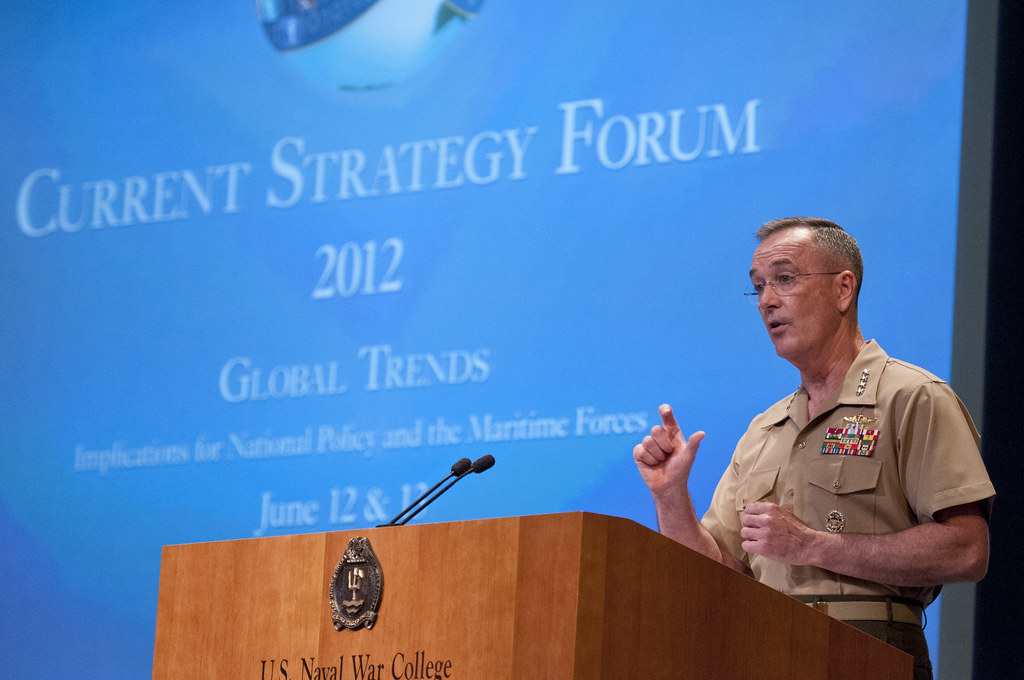 |
| Image: Flickr User - Official U.S. Navy Page |
By Francis P. Sempa
The Asia-Pacific focus is another indication that the geopolitics of the Asia-Pacific will dominate this century.
In mid June, the U.S. Naval War College hosted its 66th annual Current Strategy Forum in Newport, Rhode Island. The College billed the event under the general title, “Strategy and Maritime Power in a Contested Environment,” but the main focus was China.
Admiral Michelle Howard, Vice Chief of Naval Operations, delivered the first keynote address, in which she identified and explained America’s goal to maintain “all domain access” to the Indo-Pacific region; meaning the continued ability to access the region by sea, air, land, space, and cyber domains. Admiral Howard noted that China is developing a force structure that may enable it to deny U.S. access to the region by some or all of those domains.
Dr. Andrew Krepinevich of the Center for Strategic and Budgetary Assessments identified the Far East as one of three regions of Eurasia where U.S. interests are being challenged (by China); the other two being the Middle East (Iran, ISIS, Al Qaeda) and Eastern-Central Europe (Russia). Krepinevich views China’s challenge as the most serious and potentially the most dangerous should the U.S.-Chinese competition turn violent.
Read the full story at The Diplomat
